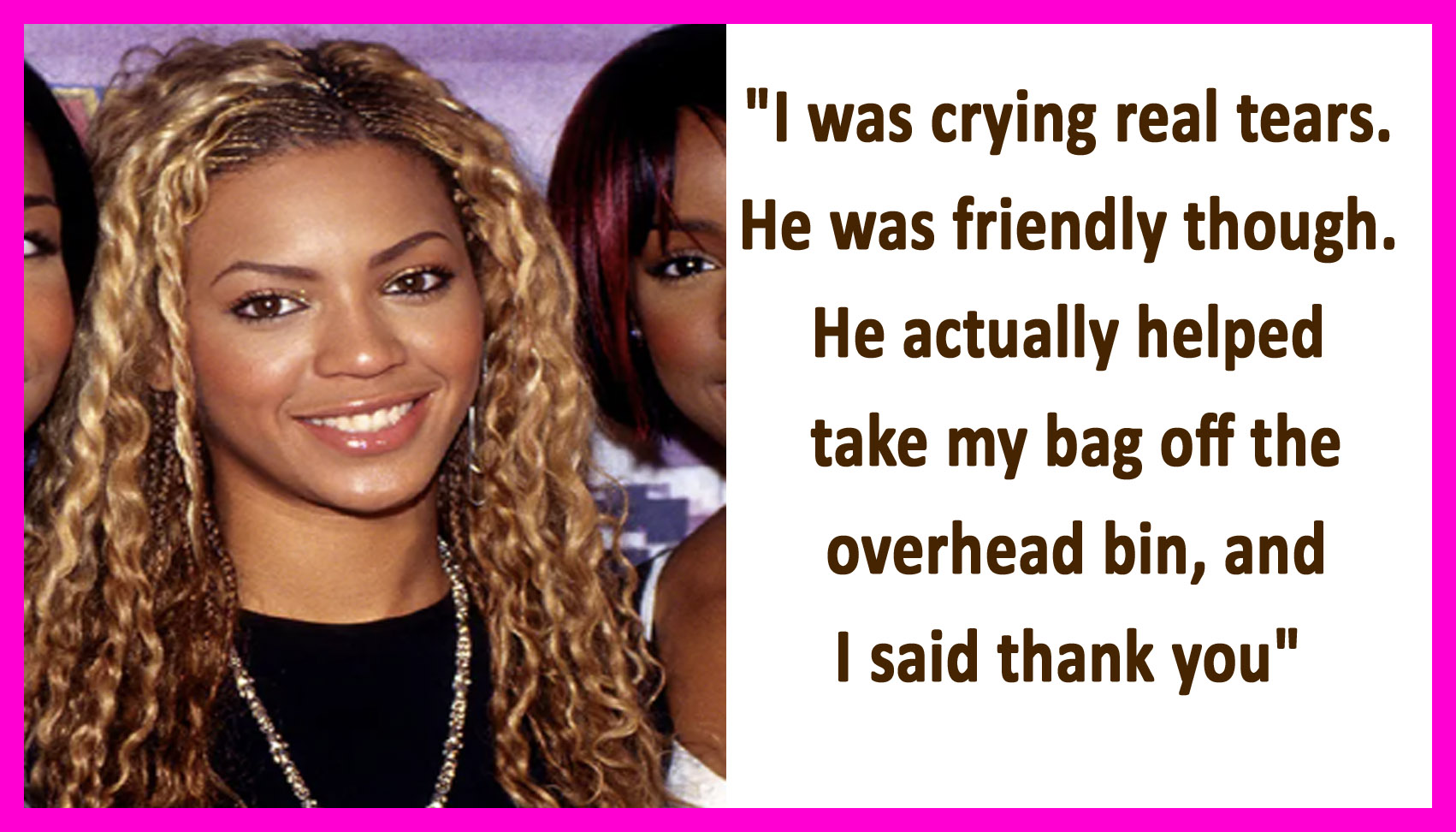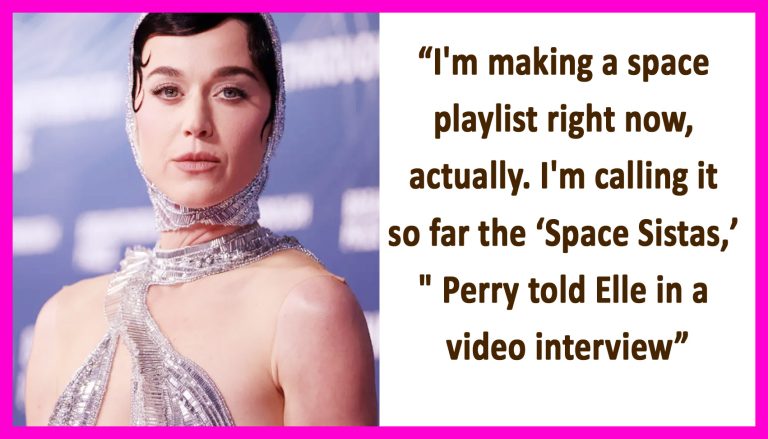Singer Michelle Williams Cries ‘Real Tears’ After In-Flight Disaster: ‘A Lot of Audacity’
Michelle Williams, Grammy-winning gospel and R&B artist and one-third of the iconic girl group Destiny’s Child, is no stranger to the spotlight. With a career that has spanned over two decades, she has shared her voice with millions, been vulnerable about her mental health journey, and inspired fans with her grace and transparency. But even someone as seasoned and composed as Michelle couldn’t hold back her emotions after a recent airplane experience that left her, in her own words, shedding “real tears.”
The incident, which Michelle candidly recounted in a social media video that quickly went viral, sparked widespread conversations about public behavior, boundaries, and the audacity of fellow passengers on commercial flights. Though at first glance the episode may seem humorous, Michelle’s honest and emotional reaction resonated deeply with fans and casual observers alike — reminding everyone that even celebrities are not immune to uncomfortable, and sometimes absurd, travel situations.
In this feature, we’ll unpack what happened aboard that now-infamous flight, explore Michelle Williams’ response, analyze the cultural discussion that followed, and reflect on what it says about boundaries, social etiquette, and the unexpected emotional toll of feeling disrespected in public spaces.
The Incident: A Moment of Shock Mid-Air
According to Michelle’s own account — shared via an Instagram video shortly after the flight landed — the singer was on a routine commercial flight, minding her business, when she experienced something she described as deeply distressing.
“I cried real tears on that plane, y’all,” she said, shaking her head. “And not because I was afraid of flying or because of turbulence. No. It was the audacity.”
What caused such distress? A passenger seated directly behind her had removed their shoes and socks, and proceeded to rest their bare feet on her armrest, creeping their toes into her personal space mid-flight.
“I turned around and there it was — this foot. Bare. Just perched on my armrest like it belonged there,” Michelle recalled. “It wasn’t just disrespectful. It felt violating.”
The moment was shocking enough to evoke a visceral emotional reaction. “I sat there frozen for a second,” she continued. “Then I felt tears. Not even from anger at first, but from just… being stunned. I wasn’t even sure how to process what I was feeling.”
Why It Hit So Hard: Boundaries, Disrespect, and Vulnerability
Michelle Williams has long been open about her personal journey, particularly around mental health, anxiety, and emotional wellness. So when she described her reaction as “real tears,” it highlighted something deeper than just irritation.
What Michelle experienced was a boundary violation — a moment where her personal space, comfort, and dignity were intruded upon by someone who didn’t seem to care. While airplane travel is inherently close-quartered and often uncomfortable, there are unspoken social contracts passengers agree to: stay in your seat, don’t talk too loud, and certainly don’t invade others’ physical space.
What made the moment particularly distressing, as Michelle explained, was the casual entitlement of the act. “The fact that they thought it was okay to put their feet — bare feet — on my armrest? It’s the boldness for me. A lot of audacity.”
That phrase — “a lot of audacity” — quickly trended online, as fans and fellow travelers identified with the experience. For many, it wasn’t just a funny moment; it was a reminder of how exhausting it can be to navigate spaces where people ignore basic respect.
The Social Media Reaction: Support, Outrage, and Shared Stories
The moment Michelle posted her video, it exploded across platforms like Instagram, Twitter, and TikTok. Within hours, thousands of people had commented, liked, and shared their own stories of travel horror.
“Bare feet on a plane? That’s jail time, Your Honor,” one fan wrote.
Another user tweeted: “Michelle Williams crying over a stranger’s toes invading her space is the most relatable celebrity moment of 2025.”
Even celebrities chimed in. Actress Gabrielle Union responded with a message of support, saying, “Not the footsie flight. I’d be in tears too, sis.” Talk show host Loni Love reposted the video with the caption, “The trauma. The toes. The tears. Send thoughts and prayers.”
But alongside the jokes and memes, there was also serious discussion. Many fans commended Michelle for being honest about the emotional impact of what seemed like a minor incident. “It’s not just about the feet. It’s about people thinking they can disrespect you and act like it’s normal,” one Instagram user commented.
Flight Etiquette and the “Barefoot Passenger” Epidemic
The issue Michelle faced isn’t new. Over the past several years, airline passengers have increasingly taken to social media to expose the rude — and sometimes outright bizarre — behavior of their fellow travelers. From people clipping toenails in the aisle to playing videos on full volume without headphones, the lack of decorum in the skies has become a common complaint.
But few things provoke as strong a reaction as the “barefoot passenger.”
Why do people feel entitled to remove their shoes — and in some cases, their socks — in cramped public spaces? Travel psychologists suggest that long flights and crowded cabins make some passengers seek comfort, even if it means ignoring basic hygiene or etiquette.
But as etiquette expert Diane Gottsman points out, comfort should never come at the cost of someone else’s dignity. “You don’t get to make another person uncomfortable just so you can stretch out,” Gottsman says. “Good manners are about making people feel respected. That includes keeping your feet — and your boundaries — to yourself.”
Celebrity vs. Civilian: When Famous Faces Get Disrespected
One of the interesting dynamics in Michelle’s story is how it reveals the illusion that fame protects people from everyday indignities. Despite being a successful, globally recognized artist, Michelle wasn’t spared this invasion of personal space. She didn’t receive special treatment, nor was the passenger seemingly aware or concerned that they were disturbing a public figure.
This points to an important truth: public figures often experience everyday disrespect in the same way — sometimes more intensely — than the rest of us. Because their reactions are so closely scrutinized, they’re often expected to “take it” gracefully, even when they’re hurt.
“I’m glad I didn’t turn around and snap, because you know how that would’ve been spun,” Michelle said in her video. “But just because I didn’t scream doesn’t mean it didn’t affect me.”
Her vulnerability in that moment — crying not out of rage, but of stunned hurt — challenged the often-unrealistic expectations people place on celebrities to “rise above” mistreatment.
Mental Health in Public Spaces: When Small Things Become Big Triggers
Michelle has been open about her struggles with depression and anxiety, and her openness has helped destigmatize mental health in the Black community and beyond. Her reaction on the plane — and the tearful aftermath — struck a nerve for many people who have felt similarly triggered by what might appear to be minor offenses.
“It’s not just about what happened. It’s about what it represents,” said licensed therapist Dr. Tamika Noel. “A moment like that can bring up feelings of being unseen, disrespected, or dismissed — especially for women of color, who are often expected to remain composed even when their boundaries are violated.”
In Michelle’s case, the physical intrusion wasn’t just annoying — it felt personal. And her emotional response reminded people that feelings of discomfort, even in public spaces, are valid.
Moving Forward: What We Can Learn from the ‘Toe Incident’
Michelle’s experience, though oddly specific, has become a mirror for a larger cultural conversation. Here are a few key takeaways:
1. Boundaries Matter — Even 30,000 Feet in the Air
Personal space is sacred, and people deserve respect whether they’re in first class or economy. Crossing that line — physically or emotionally — can be more harmful than it appears.
2. Public Behavior Isn’t Just About You
Choosing comfort at the expense of others isn’t liberation — it’s entitlement. The same way we expect people not to play music without headphones or talk loudly during movies, we should expect proper etiquette on planes.
3. It’s Okay to Feel Emotion — Even Over ‘Small Things’
What happened to Michelle was both silly and serious. It was okay for her to cry, and it’s okay for others to validate that response. Not everything needs to be minimized just because it wasn’t violent or dramatic.
4. Let’s Normalize Calling Out Disrespect Without Shame
One of the reasons Michelle’s story went viral is because people recognized the imbalance — she was polite and composed while someone else crossed a boundary. She didn’t cause a scene, but she did call it out afterward — and that’s something we should encourage.
Final Thoughts: The Power of Speaking Up — and Laughing Afterward
Though the moment was clearly distressing, Michelle ended her video with her signature humor and grace. “I’m fine now, y’all. I’ll heal,” she said with a half-smile. “But I might need an emotional support dog next time I fly. Or a whole row to myself.”
Her ability to find humor after such an awkward and violating experience is part of what makes her so beloved. It also serves as a reminder that even when we feel powerless, our stories have power — and sometimes, just talking about them can bring healing.
For Michelle Williams, those “real tears” may have come from a low moment — but they sparked a high-impact conversation. And for that, she deserves all the love (and maybe some travel upgrades) she can get.








